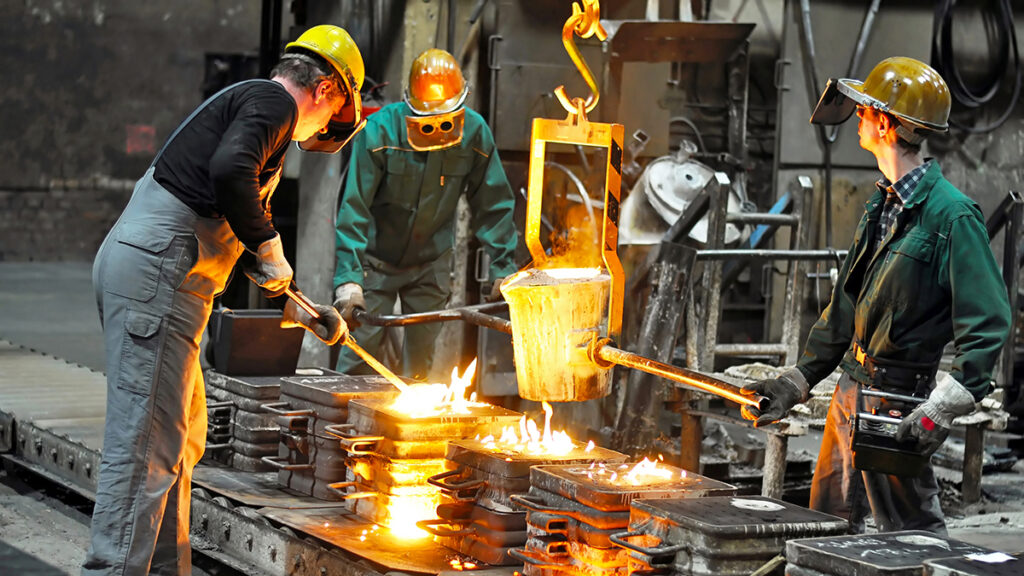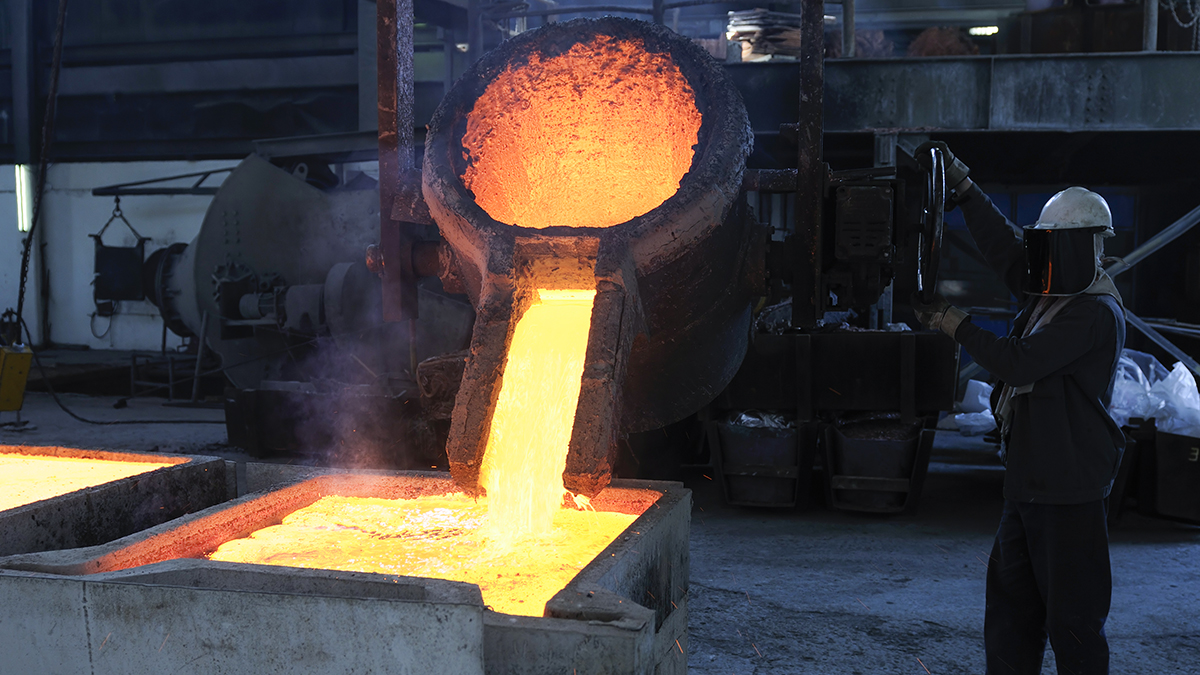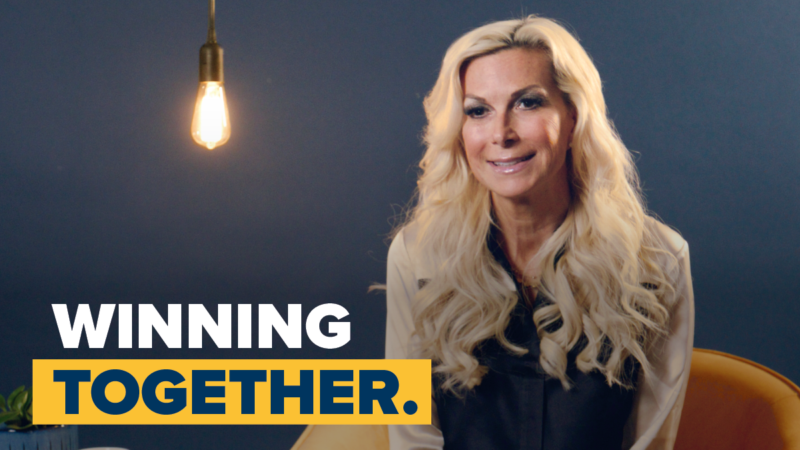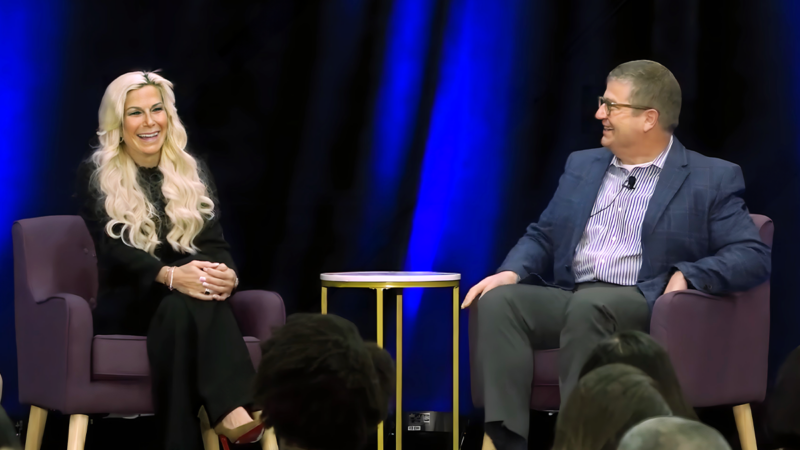It has never been more important for employers to make sure that they have strict risk assessment and accident prevention measures in place to protect their employees: to make sure they return home safely each day and to ensure they receive excellent medical care if they need it. Workers’ compensation insurance is one of the weapons in the armory of companies to help them stay in business, but there are a lot of different options available to employers.
Loss control in mining and claims at Rockwood
Rockwood offers workers’ compensation insurance with a commitment to providing the best service on loss control and claims, collaborating across all departments with this common goal.
Ron Davidson, SVP & Chief Underwriting Officer at Rockwood explains: “What makes us stand out is that we engage at an intimate level with our policyholders on underwriting, claims and loss control in mining. Because we’re passionate about this, we keep loss prevention and loss control in-house and these areas account for more than 10% of our total staff. Not only is loss prevention and control inherent to our underwriting process, but we also understand the significant value it has for clients.”
The bottom line
There are two main reasons why Rockwood sees it as important to keep a razor-sharp focus on loss prevention – financial and personal. The costs for this statutorily required insurance can be near the top of a company’s list of expenses, and work injuries can have a big impact on the profitability of a business.






